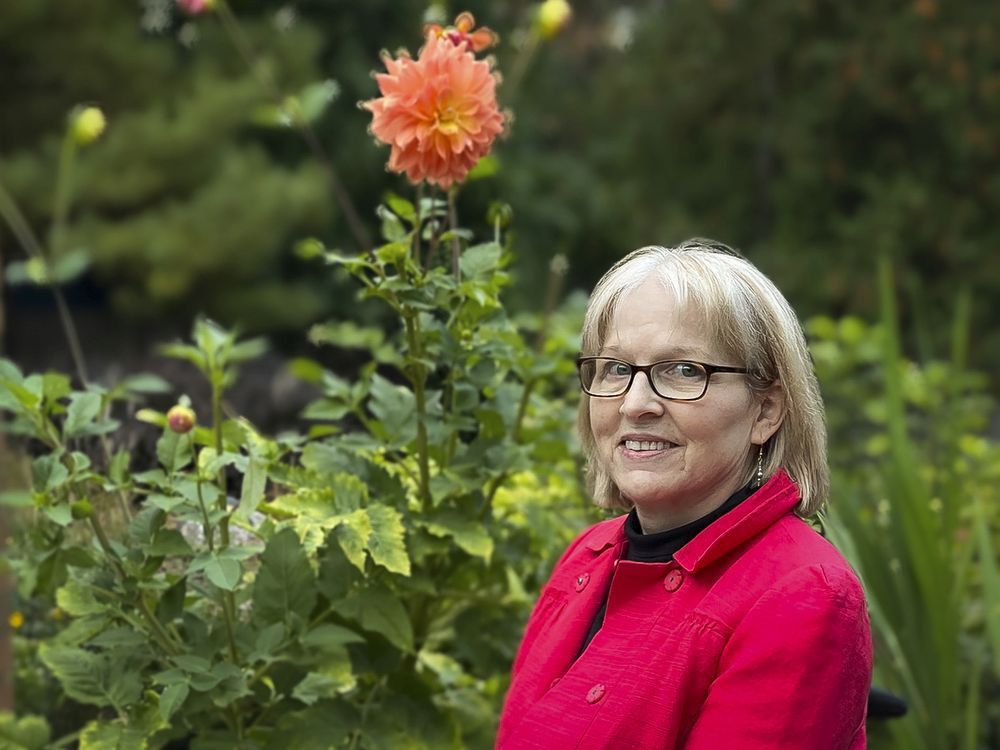telemedicine is 'valuable' to trans, non-binary community
in a survey, about 40 per cent of transgender patients had experienced discriminatory behaviour from a family physician at least once.
trans youth need more timely health care, says researcher
transgender youth struggle with high rates of depression and anxiety when they first receive gender-affirming medical care.
 3 minute read
3 minute read









